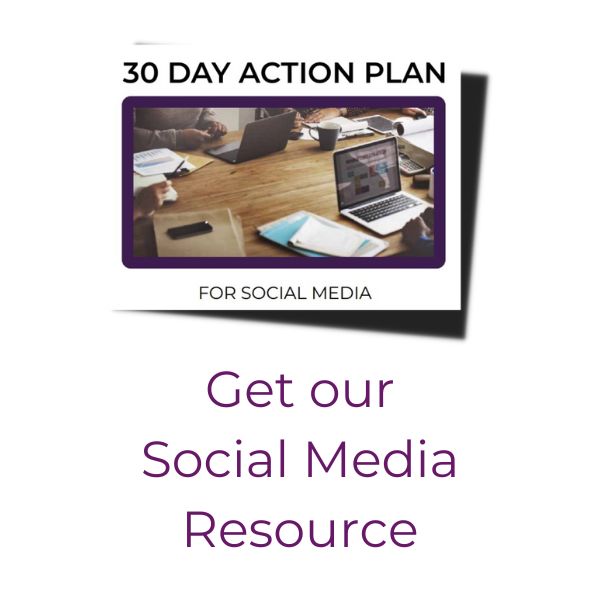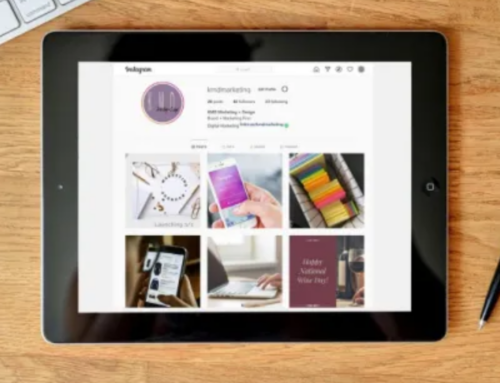
Strategies to Grow Your Event
Events, such as conferences, summits, trade shows, business expos, and more, are just one component that should be a part of all marketing strategies. The right events can directly build brand awareness with those that don’t yet know you or your brand while increasing growth and revenue.
Event strategies can be hard for anyone. However, you do not need to be a big business owner to be overwhelmed by making and planning event strategies. We have a few tricks up our sleeves for ya!
What Is Event Marketing?
Event marketing is about bringing awareness to an event you are hosting or attending as a vendor or sponsor. Promoting an online or offline event through various channels is the strategy.
Increased brand awareness happens through promotional events, personal events, and trade shows where people can talk to someone with a brand while being at an event, interacting with the public, and asking them to contact you if they have questions.
Be it a sponsorship, volunteering in the community, a booth at a trade show, hosting a conference in your industry, speaking at a conference, a Facebook Live, workshop, or any other event, marketing it and doing that well will create a buzz and entice people to join in.
You will attract new customers by making a strong event marketing plan and turning it into an event marketing campaign! Event marketing is a great tool for building and measuring brand awareness!
Why Should You Consider Event Marketing Strategies?
There are multiple benefits to your business that comes from hosting or participating in events.
Create brand awareness: Event marketing effectively creates brand awareness and reaches a large audience. By hosting or participating in events, businesses can showcase their products or services, engage with potential customers, and increase brand recognition.
Build relationships: Events provide a unique opportunity for businesses to interact with customers and build relationships. By creating a positive and memorable experience for attendees, businesses can generate goodwill and establish a loyal customer base.
Generate leads and sales: Event marketing can also be an effective way to generate leads and sales. Businesses can convert prospects into customers by collecting contact information from attendees and following up with them after the event.
Stay ahead of the competition: Event marketing can help businesses stay ahead by showcasing their products or services uniquely and engagingly. Businesses can stand out in a crowded market by offering something that competitors aren’t.
Increase social media engagement: Events can also generate a lot of social media buzz, which can help businesses increase their online presence and engagement. By encouraging attendees to share their experiences on social media, businesses can reach a wider audience and build their online community.
Overall, event marketing can be a powerful tool for businesses looking to increase their visibility, build relationships, generate leads and sales, stay ahead of the competition, and increase their online presence.
How Do You Create an Event Strategy?
Choosing the right event marketing strategy is really up to you and what fits your business. First off, you need to have the event planned out, then you need a calendar on your computer and maybe even a paper one too.
Second, utilize an online platform like Hootsuite or Sprout Social, which lets you schedule the same or different posts to many social media sites. Then, write down the event’s goals, like how many people you want, the total sales at the end of the month, etc…
After that, know your target audience and know how to get a hold of your target audience. Get their email addresses, then get rolling with your email marketing, social media posts, direct mailers, and more.
Creating an event strategy involves several key steps:
Define your goals and objectives: The first step in creating an event strategy is to define your goals and objectives. What do you want to achieve with the event? For example, are you trying to generate leads, build brand awareness, or drive sales? Be specific about your goals and objectives so that you can measure the success of the event.
Identify your target audience: Next, identify your target audience. Who do you want to attend the event? What are their interests, needs, and preferences? Understanding your audience will help you create a successful event tailored to their needs and interests.
Choose the right type of event: Based on your goals, objectives, and target audience, choose the right type of event. For example, will it be a conference, seminar, workshop, trade show, or something else? Each event type has its unique format and purpose, so choose the one that best fits your goals and audience.
Develop a budget: Once you’ve identified your goals, audience, and event type, develop a budget. How much money do you have to spend on the event? What are the costs associated with the venue, catering, speakers, marketing, and other expenses? Make sure to allocate your budget wisely to ensure that you can achieve your goals without overspending.
Plan the logistics: With your budget, it’s time to plan the event’s logistics. Logistics include choosing a venue, selecting speakers or presenters, arranging catering, and handling other details such as parking, transportation, and accommodations.
Promote the event: Once the logistics are in place, it’s time to promote it. Use a variety of marketing channels such as email, social media, advertising, and public relations to generate awareness and interest in the event.
Measure the event’s success: After the event ends, measure its success. Did you achieve your goals and objectives? How many attendees did you have? What was the feedback from attendees? Use this information to refine your event strategy and plan for future events.
Following these steps, you can create an effective event strategy that helps you achieve your goals, engage your target audience, and generate results.
What Are Ways to Promote Your Events Online?
There are multiple channels to utilize when promoting events you host or participate in.
Email campaigns are an incredible way to market yourself or your company rather than sticking a well-timed landing into your audience’s inboxes.
Social media is one of the top places to connect with your audience; this tactic can help you get the right attention. Like working with influencers, look for those who work within your industry and have a great following on various social networks.
This is asked all the time in the marketing world with all the marketing channels available. For example, you can do an email marketing campaign with an email newsletter to send to your emailing list and post on most social media platforms that you have other social media accounts. But, if you add more, it becomes overwhelming fast.
However, It’s important to get help with your event if you need to because you need to reach your audience, and you can without spending too much money while reaching your target audience.
Promoting your event online can be fun too! Make an event hashtag on your social media accounts so people can use that hashtag to spread the word more.
You could also post about buying tickets to the event. This can place a level of accountability when purchasing a ticket vs. free admission.
You now have more clarity about creating and implementing event marketing strategies. And hopefully, these work to boost your next event.
Event marketing is amazing, but the content creation to promote, plan and fill your event can be overwhelming. Schedule a consultation to see how we can help! We are here to champion your event!








